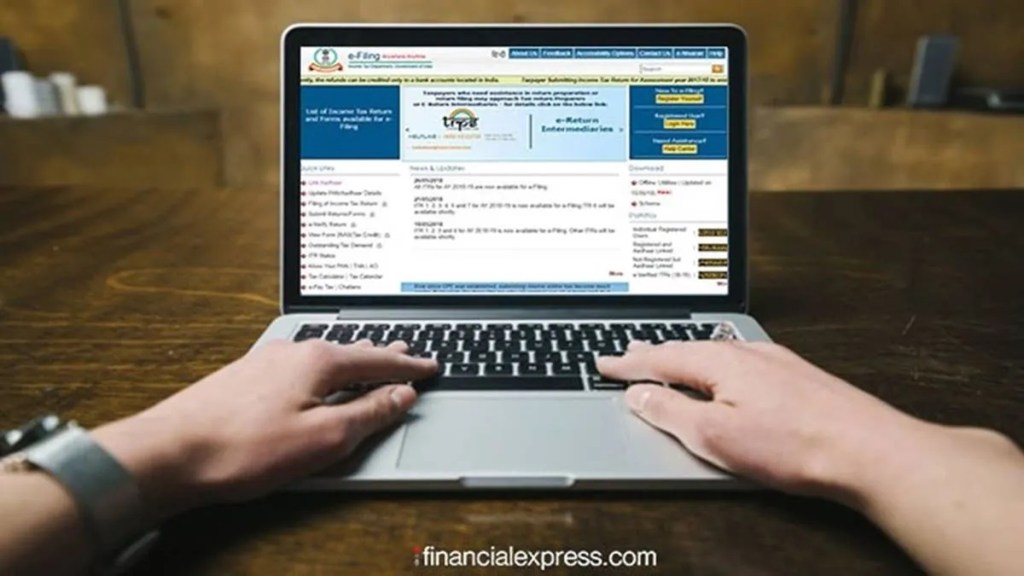Filing an Income Tax Return (ITR) is an important responsibility for every taxpayer. With the start of the new assessment year 2025-26, the ITR filing has started and is likely to continue until 31 July 2025. For those whose audit is mandatory, the deadline is likely to be 31 October. However, the government can extend these deadlines, as we have seen on select occasions in the past due to exceptional circumstances.
Who should file ITR?
ITR is mandatory for those individuals whose annual taxable income is more than the basic exemption limit. Under the Old Tax Regime, the basic exemption limit is Rs 2.5 lakh. In case of senior citizens, the basic exemption limit is Rs 3 lakh. However, there are some additional conditions that make filing of ITR mandatory even if someone’s income is below the basic exemption limit.
Now, the most important thing—before you start filing your ITR for the financial year 2024-25, let’s pause for a minute and think about the changes that have been introduced in the rules for tax calculations, filing, or compliance, as the government keeps updating its guidelines from time to time.
Also read: Income Tax Return 2025: I-T department upgrades ITR-2 filing process, know new changes
Here are five key tax changes that taxpayers need to keep in mind — these changes have been announced by the government since the last ITR filing season.
1. Revised Income Tax Slabs Under the New Regime
The Union Budget 2025 announced new income tax slabs under the default new tax regime, effective from FY 2025-26.
The updated slabs are as follows:
Income up to Rs 4,00,000 – Nil
Rs 4,00,001 to Rs 8,00,000 – 5%
Rs 8,00,001 to Rs 12,00,000 – 10%
Rs 12,00,001 to Rs 16,00,000 – 15%
Rs 16,00,001 to Rs 20,00,000 – 20%
Rs 20,00,001 to Rs 24,00,000 – 25%
Above Rs 24,00,000 – 30%
Note: There are no changes in tax slabs under the old tax regime
2. Higher Standard Deduction under new regime
To provide additional relief to taxpayers under the new regime, the Standard Deduction has been increased for salaried individuals from Rs 50,000 to Rs 75,000.
3. Higher basic exemption limit
The basic tax exemption limit was hiked from Rs 3 lakh to Rs 4 lakh, providing additional tax relief to all individual taxpayers.
4. New regime remains default, but option to choose
For past few years, the new tax regime has been the default option for all taxpayers. However, individuals still have the option to switch to the old tax regime if they feel that the old system offers them tax benefits based on their eligible deductions and exemptions.
4. Updated ITR Forms and filing Utilities
The Income Tax Department has released an upgraded Excel-based utility for ITR-2 to simplify return filing. Taxpayers using ITR-2 must ensure they download and use the latest versions of the ITR forms to avoid return filing errors.
5. Enhanced I-T scrutiny through past ITR comparisons
The Finance Bill 2025 has empowered the Income Tax Department to compare current ITR filings with past years to flag discrepancies. This move is aimed at improving compliance and reducing tax evasion.
Also read: ITR filing 2025: How salaried individuals can file tax returns without Form 16
How to file offline ITR?
If you want to file ITR through offline mode instead of online filing, then follow these steps:
-Visit the official website of Income Tax Department http://www.incometaxindiaefiling.gov.in and download the relevant ITR utility.
-Choose the correct ITR form (in Java or Excel format) as per your income.
-Unzip the zip file and fill in all the required information. Generate XML file after completing tax calculation.
-Login to the website again and upload the XML file under the ‘e-file’ tab.
-After submission, do not forget to verify the ITR.
Summing up…
Filing ITR is an important financial responsibility that is very important to complete on time. If you are going to file ITR offline, then keep in mind all tax rule changes effected in the last one year, so that your return is filled correctly and without any mistake. If you have any doubts, you can also take the help of a chartered accountant or tax expert.

